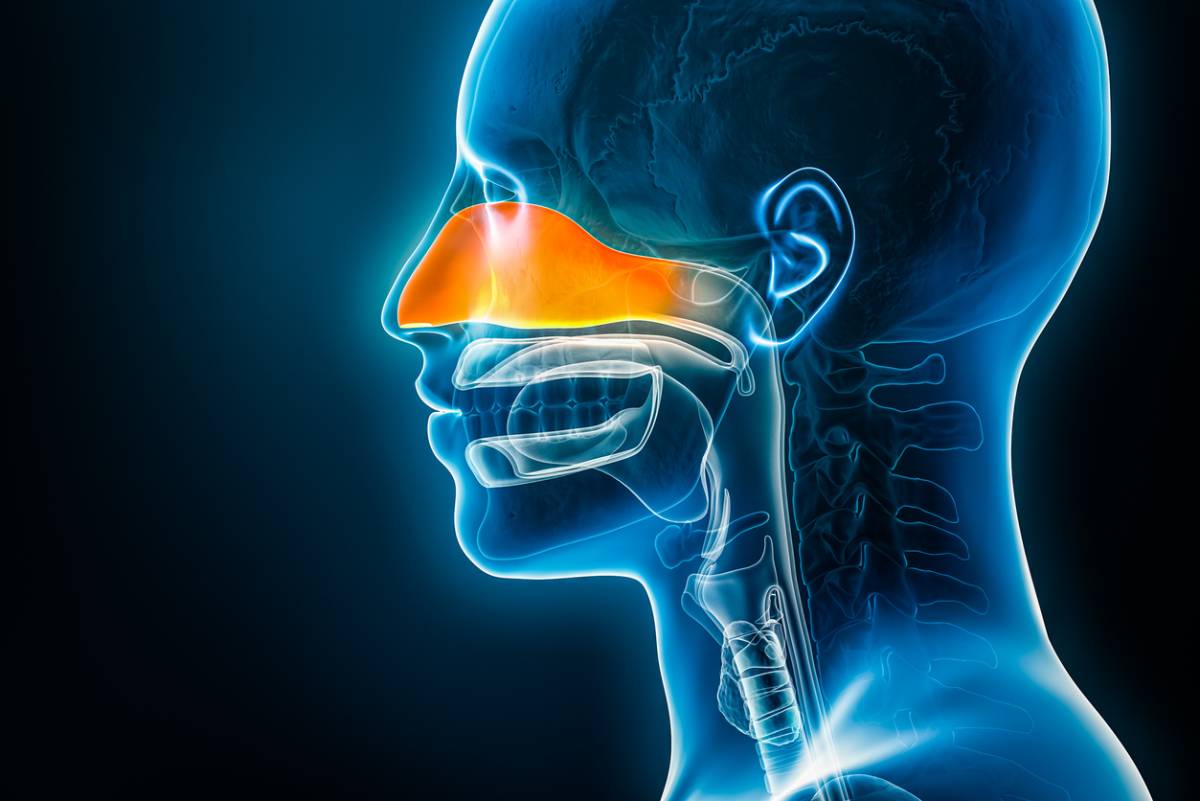Whether discovering new respiratory complications or working to understand current ones better, many wonder if sinusitis can cause asthma. As it turns out, recent data shines a revealing light on the stimulating connection between these two conditions. Research suggests that individuals suffering from chronic sinusitis have a heightened risk of developing asthma, with more than half of the asthmatic population experiencing symptoms of sinusitis as well. This correlating relationship is primarily due to inflammation and mucosal alterations, symptoms shared by the conditions. When navigating the complexities of sinusitis, it is important to uncover and understand the correlation. This new information can lay a stronger foundation for better management, the creation of effective asthma treatment plans, and improved respiratory function.
Sinusitis
- Sinusitis:
- Sinus = the hollow spaces in the bone surrounding the nose that produce mucus.
- -itis= inflammation or swelling
Sinusitis is a condition that causes inflammation of the tissue within your sinuses. When mucus builds up or blockages arise, the result is often sinusitis. This is often due to some form of infection. Conditions such as allergies, other nasal issues, weakened immune systems, or other medical conditions may increase your risk of sinusitis.
Symptoms include:
- Cough
- Stuffy or runny nose
- Facial pain or pressure
- Headache
- Fever
- Sore throat
- Bad breath
- Fatigue
- Reduced sense of smell
Asthma
Asthma is a chronic condition that causes difficulty breathing. The muscles within the airways of your lungs constrict, and the lining of the airway swells, prompting the production of mucus. This mucus causes the narrowing of the airways, thus causing labored breathing.
Triggers include:
- Allergies
- Cigarette smoke
- Infection—particularly viral
- Cold air or changes in weather
- Environment related triggers
- Strenuous activity
Symptoms:
- Difficulty breathing
- Chest tightness or pain
- Wheezing
- Trouble sleeping due to shortness of breath, coughing, or wheezing
- Coughing or wheezing worsened by a virus
Can Sinusitis Cause Asthma?: Their Relationship
Research supports that sinusitis and asthma are part of one disease process. Data collected illustrates that those with asthma frequently have sinusitis, which is associated with poor asthma control and typically precedes asthma development. Due to the evidence associated with these seemingly co-occurring conditions, there is much interest in how treating sinusitis related to allergies impacts the development of asthma.
While sinusitis can exacerbate asthma symptoms, there is no clear indication that sinusitis is a direct cause of asthma. Those with asthma or allergic rhinitis are at a higher risk for the development of chronic sinusitis. These conditions are similar in that they both cause inflammation, reducing the function of the airways and sinuses.
The Role of an Asthma Specialist
Individuals living with asthma require great care when treating and managing this chronic illness. It requires comprehensive management and care that can be difficult to undertake on your own. Thankfully, you have resources to help create effective treatment and management plans, one of those being an asthma specialist.
Their Importance
Asthma specialists specialize in providing care to individuals with asthma. They are dedicated to diagnosing, treating, and managing asthma and asthma symptoms. These medical professionals utilize a variety of diagnostic tools and techniques to assess, identify, and confirm factors related to asthma.
One of the greatest assets of asthma specialists is their ability to educate and empower. These specialists are the main link connecting patients with resources and providing education. They set their patients up with tools to take control of their health through knowledge and tools to effectively manage their condition.
Asthma specialists also work diligently to advance their education by remaining up to date on new technology, discoveries, knowledge, data, and statistics. This allows for more diverse techniques to be implemented to ensure individualized care treatment plans.
Understanding the Next Steps
While it is not definitive that sinusitis can cause asthma, there is a solid link between sinusitis and asthma. Whatever the case may be, being proactive in your treatment is vital for positive outcomes. If you believe your asthma is being exacerbated by sinusitis, your best course of action is to get in touch with an asthma specialist.
An asthma specialist is going to be your champion in the battle against asthma and sinusitis. Their specialized knowledge and experience make them the best equipped to help develop and implement individualized treatment for more effective care.
Any form of untreated asthma is dangerous and can have devastating consequences. If you are experiencing symptoms of asthma or sinusitis, get in touch with a specialist today so you can start on the right path to breathe more clearly.
References:
- BetterHealth Channel. (2023). Asthma Explained.
- Cherney, K. (2022). Your Guide to Sinusitis and Asthma.
- Dixon, A. (2009). Rhinosinusitis and asthma: the missing link.
- Mayo Clinic Staff. (2024). Asthma.
- NIH. (n.d.). Sinusitis.

